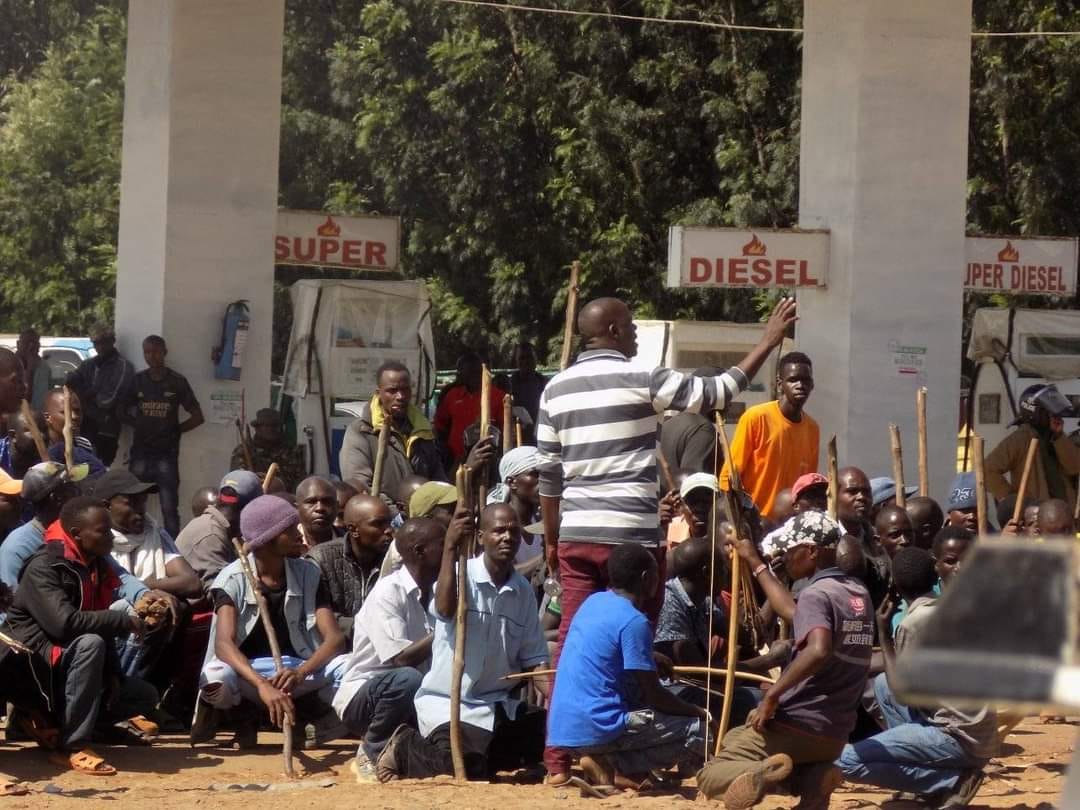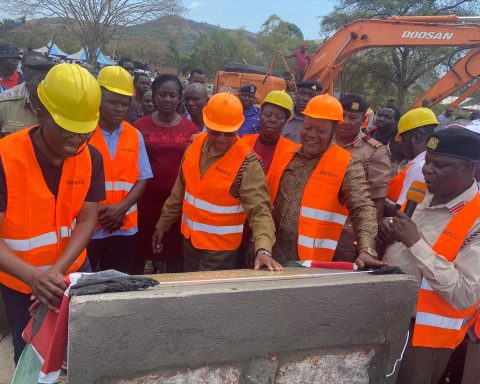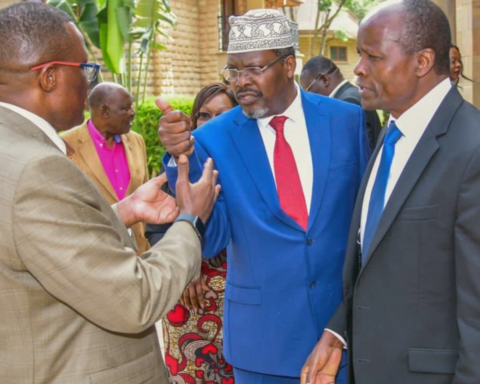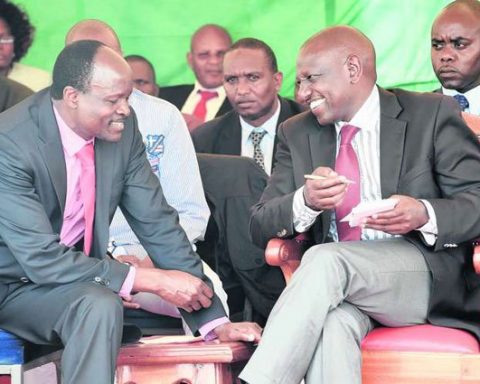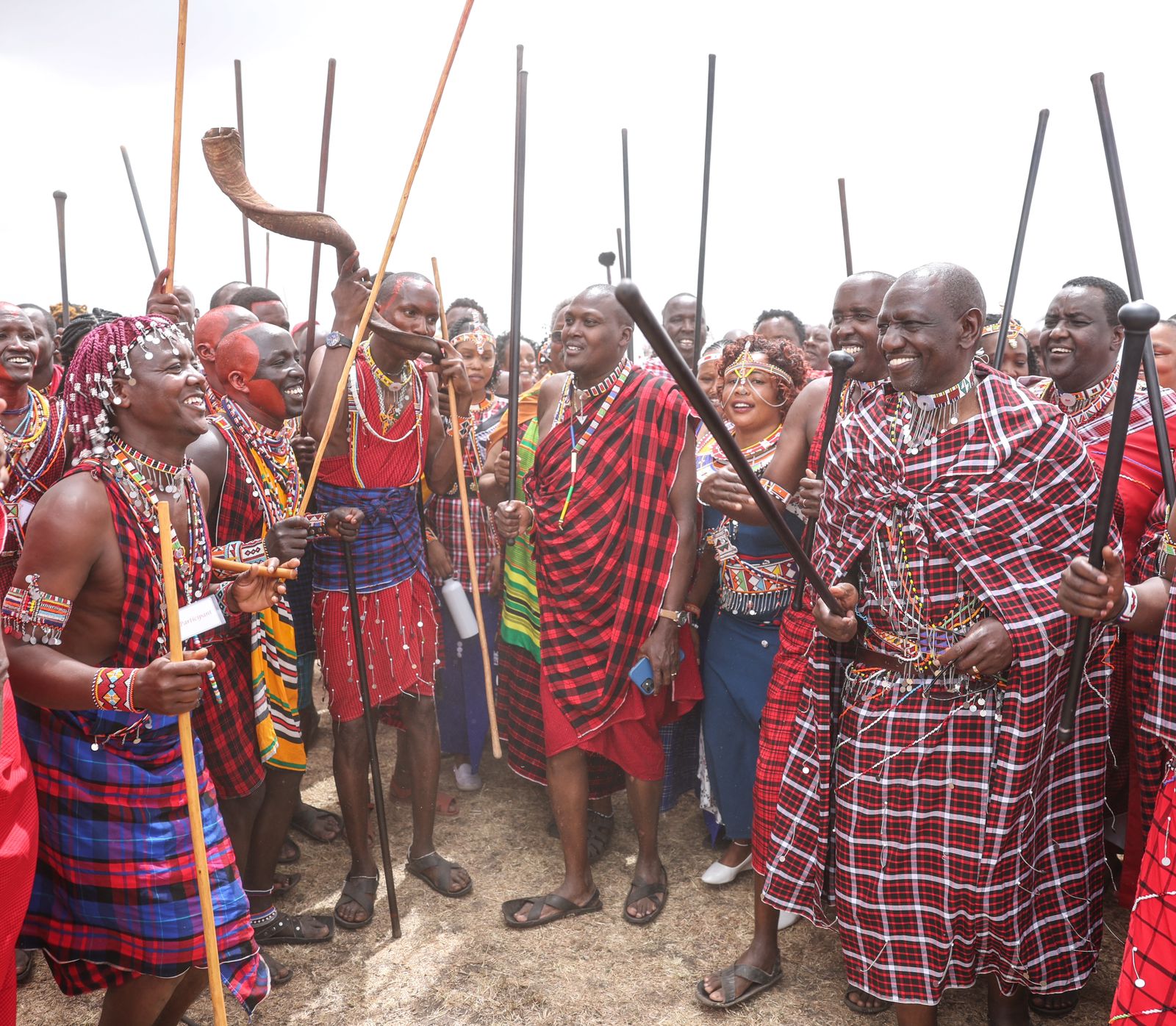The usual whiners are back to blaming ‘Luos in government’ for the ongoing conflict in Sondu.
The Sondu conflict is intractable. It has socio-economic, cultural, and political dimensions that a security-led approach cannot solve or resolve.
The Sondu conflict cannot be solved by attacking Eliud Owalo or Raymond Omollo just as it cannot be solved by political rallies, funeral politics, or online bullying of Luos working for the government of the day.
Most of these people think Eliud Owalo and Raymond Omolo have some magic solution to a conflict that predates them by decades.
The Luo and Nandi communities dispute the exact boundaries of the Rift Valley and Nyanza areas around Muhoroni, Miwani, Sondu, Kibigori, Kibos, etc.
In Muhoroni, the Luo claim their boundary stretches up to the escarpment while the Nandi insist it is only up to the railway line.
The Luo and the Nandi each lay claim to the land between the railway line and the escarpment. They see it as an ancestral bequest.
Apart from the land conflict, there’s also a cattle rustling problem aided by criminal elements on both sides.
Permanently solving the conflict will only happen when people have the kind of opportunities that make them not depend on land as their primary factor of production; and, the cattle, as their main exchange commodity in the money market. Opportunities.
The conflict is also political.
On both sides of the border, local politics proceed from the mobilisation of negative ethnic attitudes.
And then there is the shift in power at the national level.
There has been a lull in antagonisms between Luos and Kalenjins in the last 20 years chiefly because both sides have been out of ‘ultimate power’. Now the Kalenjins are back in ‘ultimate power’ and that means they are emboldened to re-litigate the land (border) conflict afresh.
On the other hand, there’s still no consensus by the Luo political class on how to respond to the reality of the Ruto presidency and what it means to the common Luo.
Whether the Luo accept or refuse to recognize Ruto as a legitimate president is irrelevant. The point is, Ruto, a Nandi, is the president now, and Nandi nationalism is back.
What this means is that the Nandi will try to use the cover of the national chieftaincy of one of their own to (re)gain what they see as an ancestral possession.
Luo political response to this new reality is what will escalate the conflict, or not.

